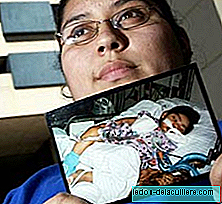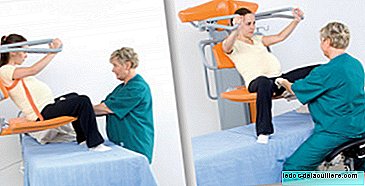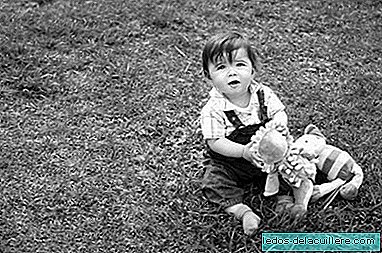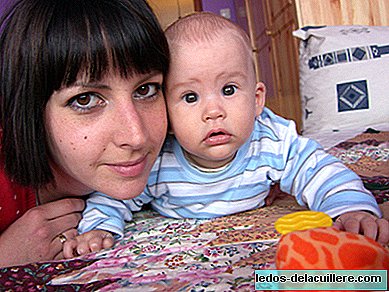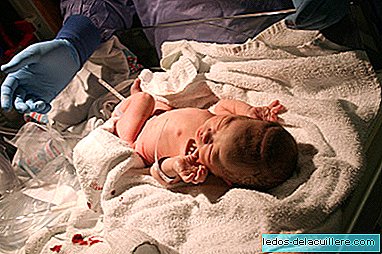
Two months ago the 12th National Congress of the Spanish Society of Pediatric Cardiology and Congenital Heart Disease (SECPCC) took place, which addressed the problematic in the schooling stage faced by children between three and 18 who suffer from some type of heart disease.
The conclusions obtained focused on the importance that children with heart problems hospitalized for at least one month in their first year of life, can be valued in Early Attention, in order to avoid learning disorders or difficulties.
Heart disease and learning or socialization disorders
Congenital heart diseases are the congenital defect with the highest incidence in Spain, which affects an average of eight out of every thousand babies born. This means 4,000 new cases every year, to which the more than 120,000 young people and adults who live chronically with this pathology in our country.
The medical advances of recent decades have allowed close to 85 percent of children with heart problems reach adulthood, so the concerns of the affected families also extend to the areas related to the quality of life of their children.
And one of these main sources of concern is the difficulties that these children face in the period of schooling, and that includes both the learning process and the social relationships of children.
A joint investigation conducted by nine organizations to help children with congenital heart disease in Spain presented the results in the 12th National Congress of the Spanish Society of Pediatric Cardiology and Congenital Heart Disease (SECPCC), which was held in San Sebastián last May.
This study, promoted by the Menudos Corazones Foundation, warns of the need to assess children with heart problems in Early Care. have been hospitalized for at least one month in their first year of life.
In this way, they affirm that the risks of learning or socialization disorders or difficulties presented by a high percentage of minors with this pathology could be avoided or minimized.
The conclusions of the study were obtained after a survey of 525 families with children between three and 18 years old with heart problems. Of these children, more than 70 percent had been operated before their first birthday, and 26 percent of them had been hospitalized for more than a month.
The "first map of the learning and socialization difficulties of children with congenital heart disease" also indicates that almost 27 percent of parents with children from six years of age have stated that also their children have been diagnosed with learning or socialization disorders, among which stand out:
- Attention deficit disorder,
- Attention deficit hyperactivity disorder (ADHD)
- Dyslexia,
- Dysgraphia,
- Disortography,
- Social communication disorder
- Autism Spectrum Disorders

In addition, a significant percentage of equestrian parents said that, despite not having a diagnosis yet, their children with congenital heart disease also have difficulties in the mentioned areas.
"It follows that some disorders are diagnosed late and others could have been minimized or avoided if they had acted on time, in the first years of life ”- says Aurora Pimentel, from Menudos Corazones, research coordinator.
Other challenges of the school stage
The research also yields other significant data regarding the school stage of children with congenital heart disease and ages between eight and 18 years.
Of these, 29 percent have needed curricular adaptation, almost 21 percent have repeated course, and the same percentage has passed the course but with pending subjects. In addition, 46 percent have or have had difficulties in calculus or mathematics, and almost 40 percent in writing.
Therefore, from Menudos Corazones insist on the importance that all autonomous communities provide early care to children with congenital heart disease who have been hospitalized for at least one month in their first year of life.
"This study highlights the importance of organizations of children and young people with congenital heart disease working together, gathering experiences and obtaining results that are extremely useful for cardiologists. The value that patient entities contribute to the knowledge of problems The daily life of those affected is immense "- reflected Dr. Begoña Manso, of the SECPCC.
In recent years newborn care with congenital heart disease has greatly improved. One of the factors that has contributed to this improvement has been the advances that have occurred in the prenatal diagnosis of a large number of patients.
Once the diagnosis is made, social support and the development of channels that improve the situation of sick children and their families are essential. And in this sense the school stage comes into play, the correct follow-up of the professionals, and the help that the child needs to avoid or treat any learning problem.


